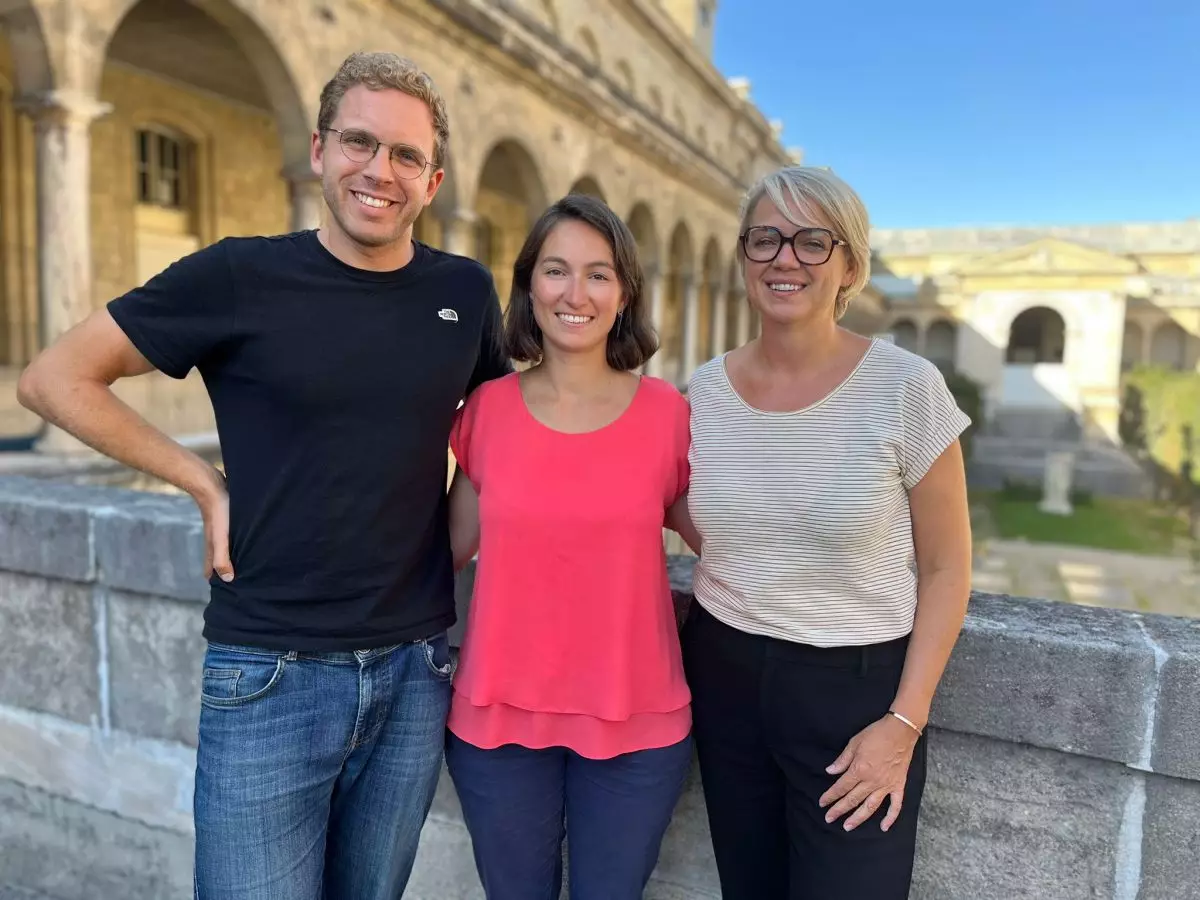Cancer continues to emerge as a significant health crisis, with an alarming increase in incidence rates, particularly among young adults. Despite this rising tide of diagnoses, the pharmaceutical industry is facing a troubling reality: a high percentage of new drug candidates fail at the clinical trial stage. This paradox highlights a critical flaw in the current drug development processes, an issue that is driving innovative entrepreneurs like Fanny Jaulin to seek revolutionary solutions.
Fanny Jaulin, a French entrepreneur and the driving force behind Orakl Oncology, presents a thought-provoking perspective on the challenges plaguing clinical trials. She argues that poor outcomes in trials are often not a reflection of the drugs’ efficacy, suggesting that the design of these trials may be fundamentally flawed. Her observations shine a light on a systemic issue in the drug development field, prompting calls for a reevaluation of how trials are structured. As she aptly notes, “Just because a drug isn’t successful in clinical trials doesn’t mean it’s not a good drug.” This statement opens a broader dialogue on the need for innovative trial methodologies that better accommodate the complexities of cancer.
Founded in 2023 as a spin-off from the Gustave Roussy Institute of Oncology, Orakl Oncology stands at the crossroads of data science and biological research. Unlike many firms that focus exclusively on one domain, Orakl seeks to synergize both aspects, recognizing their interdependence in the quest for effective cancer treatment. Jaulin compares their approach to that of Tempus, a prominent player in the AI-driven healthtech space, underscoring that the integration of robust data analysis with an understanding of biological intricacies is essential for advancing cancer therapies.
At the heart of Orakl’s innovative approach is the concept of “avatars”—detailed models that replicate unique tumor characteristics based on real patient data. By utilizing organoids—miniature, simplified models of organs—they are developing a versatile platform for drug testing. This innovation allows them to conduct trials that mirror real-life complexities, paving the way for more accurate predictions regarding patient responses to various treatments.
One of the key aspects of Orakl’s model is its extensive data layer, which incorporates around 40 variables per patient. This data-driven approach is vital in addressing the unique nature of individual tumors, which can vary significantly even within the same type of cancer. While Orakl’s dataset may not rival those of larger competitors just yet, it is built on a refined focus on colorectal and pancreatic cancers—areas where advancements are particularly sorely needed.
To capitalize on their innovations, Orakl has outlined two main products for commercialization: O-Predict and O-Validate. O-Predict is designed to aid pharmaceutical developers in anticipating patient responses to drug candidates, making it a crucial tool in the early stages of drug development. Conversely, O-Validate works in the opposite direction, providing data insights that can be of great value to AI and data-centric biotech firms. This dual-functionality demonstrates Orakl’s versatile approach and readiness to make a substantial impact in the biotech sector.
As Orakl Oncology prepares for the next stages of development, it has successfully secured a seed funding round, supplementing a previous €3 million pre-seed investment. With nearly €15 million raised to date—including notable investments from Singular and Bpifrance—Jaulin plans to allocate a significant portion of these funds towards building a commercial team to propel business growth. However, the pursuit of entrepreneurship stems not merely from the desire for financial success but from a deep-seated commitment to addressing unmet medical needs in oncology.
As cancer diagnoses continue to rise, it is imperative that the pharmaceutical industry innovates to keep pace. Orakl Oncology’s unique fusion of data and biological insights represents a promising step forward, not just for drug development but also for patients who desperately need effective treatments. The future of oncology may hinge on these transformative approaches that question traditional methodologies and prioritize patient individuality in the quest for cures.

